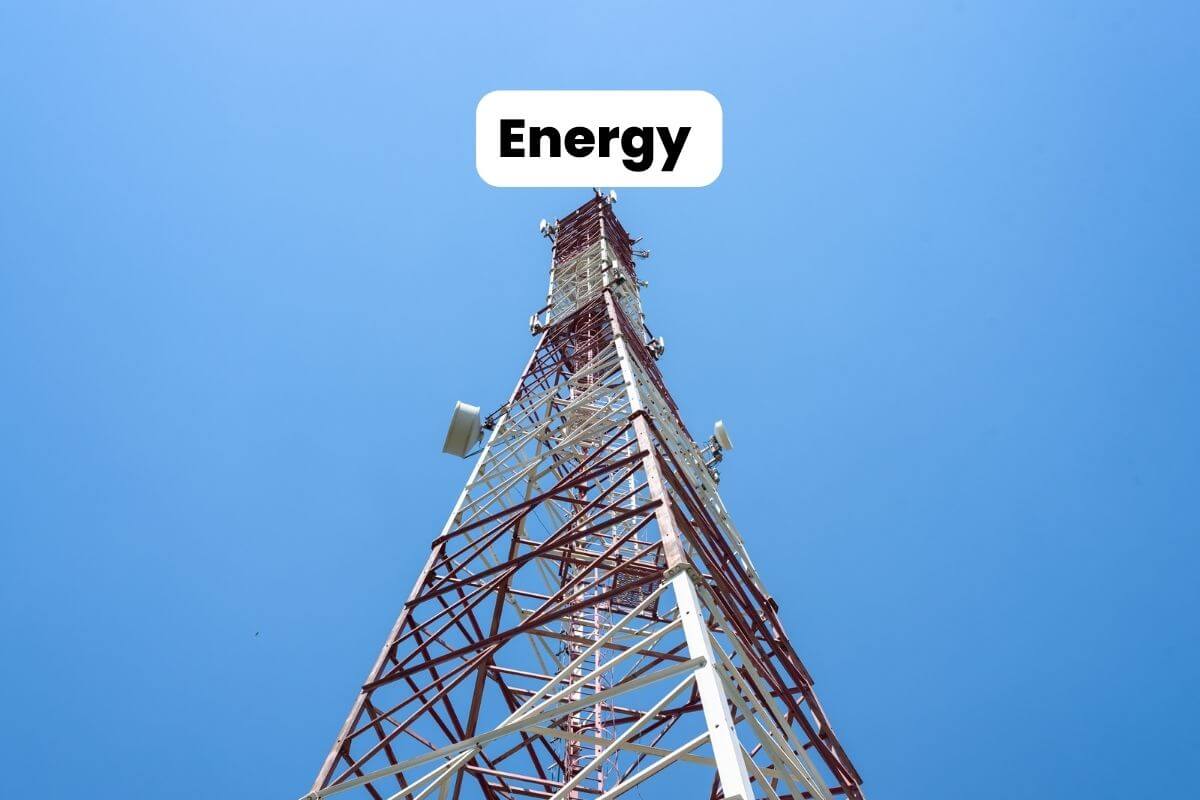
Orange has taken measures across its European footprint to reduce its energy consumption in the coming months. As measures voted by the Council of Europe proposing a voluntary reduction in electricity consumption between December to the end of march 2023, Orange group is ensuring its efforts to reduce stress on energy networks across Europe by deploying the latest generation of equipment, in particular 5G, which helps to save energy.
Net zero carbon by 2040
This strategy aims at becoming zero carbon by 2040. Orange is already working across its European footprint in Belgium, France, Luxembourg, Moldova, Poland, Romania, Slovakia and Spain to optimise energy consumption. The IT and network represent around 85% of the Group's energy requirements, with the remaining 15% being concentrated on buildings, shops and vehicles. This means optimising energy efficiency in networks is the key.
Also Read: Nokia, Orange France Get 20 Throughput Speed in World’s First CA Link Trial
Energy Efficiency Networks
Orange says deploying 5G as a key pillar to improve energy efficiency in Networks, 'which includes innovative energy-optimisation features' and its recent Green ITN program has led to savings in power usage recently via optimisation in IT and network, and more efficient data centers - the latest free cooling technologies have led to 30% lower electricity usage.
Mobile Network Sharing Agreements
Orange has also established mobile network sharing contracts amongst many of its markets, including in Belgium, Poland, and Spain, which apparently results in energy savings "while maximising the usage of network equipment by avoiding duplication and cutting maintenance expenses. According to the program, energy savings between 2019 and 2022 were "equal to 19% of total IT and network consumption in Europe."
Workspaces and Retail
While it's on a roll, Orange is also cutting the amount of energy used in its offices by reducing the minimum ambient temperature to 19 Degrees Celsius. In addition, workspaces have been 'optimised' as staff work more often from home (which doesn't mean staff use any energy, but it's off Orange's ledger). It has also made a 'Europe-wide commitment' to switch off the lights in shop windows earlier.
Green Energy Sources
Since 2018, Orange has revamped its energy sourcing to progressively increase the use of renewable energy in its portfolio while managing costs. The group also produces its own energy, using solar energy to power network equipment or complement energy requirements in its data centers. In addition, various other projects are currently being implemented across Europe to use autonomous, clean energy to reduce dependence on national electricity grids.
Also Read: First African 5G Network Is Being Made Available by Orange in Botswana
Encouraging Employees and Customers
In Poland, Orange has developed a website to share ideas on how to reduce the energy impact of digital devices and services. Orange's operations in Moldova and France have also developed similar online tools or apps to help users be conscious of the effects of their digital usage.
Commenting on the Groups efforts to reduce energy consumption, Marie-Noelle Jego Laveissiere, Deputy CEO in charge of Orange's operational activities in Europe (outside France) said, "With a solid baseline in energy efficiency actions, we will reinforce our ambitions in reducing energy consumption while also continuing to provide top connectivity to our customers.
In today's increasingly digital word, our networks and services have become a critical element of our society and economies. However, we also believe that we have a duty to minimise our impact on the planet. We are determined to continue to find creative ways to improve our energy consumption efficiency and encourage sobriety, while ensuring the resilience of our network and sites".
Recent announcements seem to be attempting to convince people that 5G is, in fact, a form of green technology, and increasing its use will help companies fulfil their different environmental pledges. So let's see how it unfolds.















